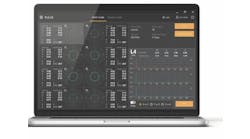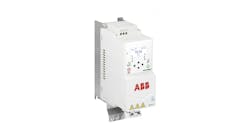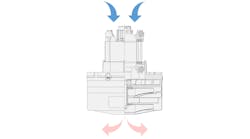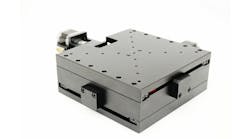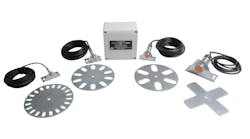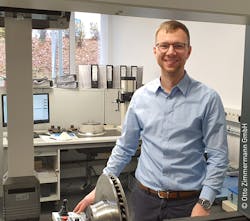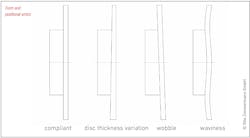Quality = safety. For brake parts from the manufacturer Otto Zimmermann, this is an equation that works. That's because the company produces brake parts for the independent aftermarket exclusively at its own site in Sinsheim.
In an interview, Patrick Sauer, Head of Quality Assurance at Otto Zimmermann, talks about the things that make the manufacturer's products stand out.
Editorial Staff [ES]: What distinguishes a Zimmermann disc from other brake discs available on the spare parts market?
Patrick Sauer [PS]: We manufacture exclusively at our factory in Sinsheim, Germany. Some of our competitors sell discs that they have purchased, oftentimes in the Far East, and merely write their name on the packaging.
ES: Yes, but what is the advantage of the German in-house manufacturing?
PS: A Zimmermann disc exactly matches the OE disc or as close as possible when it comes to patented solutions.
ES: The dimensions of competitors' discs must also match. Otherwise, the disc would not fit.
PS: Roughly speaking, the dimensions of all discs must match, that is correct. But here we are talking about hundredths or even thousandths of a millimeter. If these tolerances are not set to that precision, the negative impacts may be delayed for quite a while after the installation before they start to appear. We measure at least 15 different quality criteria for every disc.
Check out more of Zimmermann's brake discs here.
ES: What does this mean for the motorist?
PS: For example, if the disc surface has an uneven thickness, the driver will notice this through a pulsing brake pedal or a vibration in the steering wheel. The workshop must then replace that disc.
ES: Are there other criteria that truly make a Zimmermann disc better than the rest?
PS: Of course, raw materials also play a decisive role. Before we introduce a disc into our range of products, we carefully analyze the OE disc’s casting material composition. We then convey these specifications to our partner foundries for the production of the cast blank. Competitors use the same casting specifications for several different discs. Not so at Zimmermann.
ES: Why this effort: so many different casting variants and continuous testing of at least 15 different specified dimensions. Doesn't that make your discs unnecessarily expensive?
PS: If you consider safety as being unnecessary, then the answer is yes. Of course, the careful preparation work and the quality of raw materials have an impact on the final price. But we at Zimmermann are totally aware of our responsibility. Brake parts are safety components. And safety should not be compromised in any way.
ES: Does that mean that through the careful production in your factory you are able to provide a higher degree of quality, which in turn translates to greater safety when braking?
PS: Yes, that is exactly how we would have defined it.



